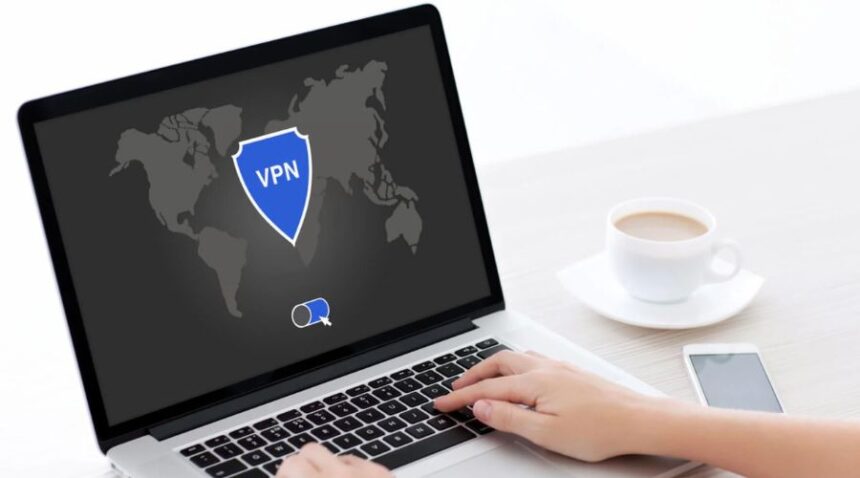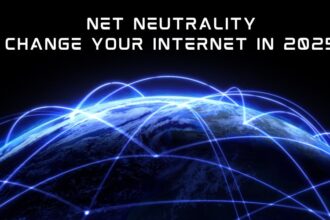Virtual private networks, or VPNs, are being used by an increasing number of people to increase their online anonymity; this is partly because VPNs have become so commercialized in recent years. Although setting up a VPN may just take a few clicks, there are several unfounded tales out there that might discourage potential users.
Here are the 5 most widespread VPN myths that need to be busted:
1. Since I have nothing to conceal, I don’t need a VPN
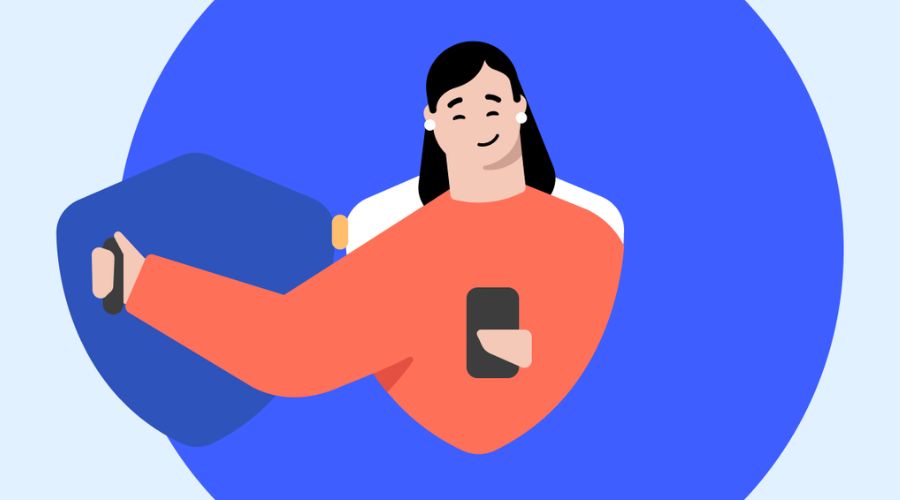
Now, you may be asking yourself, “Why do I need a VPN to protect my privacy if I don’t do anything sketchy online?” This is a common argument I hear, and it’s a valid question.
It all comes down to your right to digital privacy; when you browse the internet, you shouldn’t have to worry about someone (such as an ISP or network administrator) watching you from behind. It makes no difference if you are a chronic online user, as the youngsters say, or if you check Facebook just sometimes. Unfortunately, advertisers wouldn’t agree that it’s your business.
Brokers gladly sell your data to the highest bidder, and they eat up your data to create profiles about you that they then use to show you creepy, tailored ads.
By protecting your identity online, you may avoid being sold as a product and make sure that your activities remain private.
2. VPNs are only used by thieves
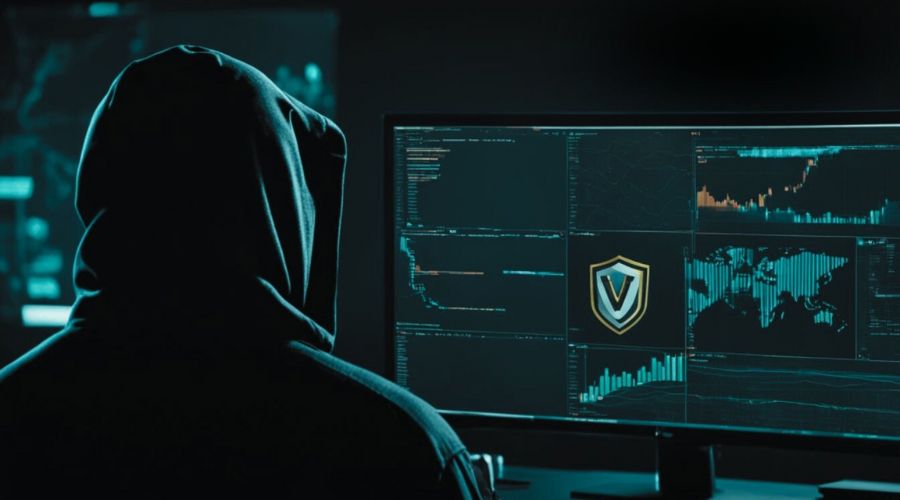
Among the most common misconceptions I encounter is this one. Although some unscrupulous people may use VPNs for illegal purposes (such as hacking, downloading copyrighted content, and other illicit activities), this is not the only application for them. I don’t support any of those actions because there are a ton of acceptable VPN usage that anybody may take advantage of.
The most important one is, of course, protecting your privacy; a VPN can prevent eavesdropping by outside parties. This implies that you may browse freely without worrying about your ISP, network administrator, the websites you visit, or even the government watching you. This is especially important for those who live in nations where there is widespread digital censorship since it keeps them from using social media to communicate with friends and family, visiting news websites, and making use of the same streaming services that we take for granted.
In essence, everyone looking for a more accessible, safe, and cost-effective internet experience uses private VPNs.
3. The sole use of VPNs is to unblock streaming websites.
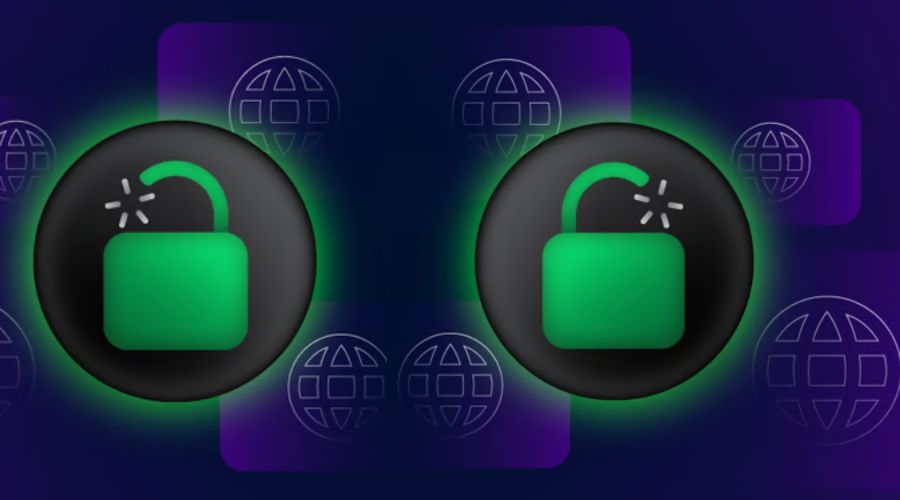
Using a VPN to access content from other countries is indeed a great method to access the US Netflix collection, Hulu, BBC iPlayer, and a plethora of other services. This use case is also frequently highlighted by YouTube affiliates, as it is typically more marketable than the privacy-enhancing features.
You can enjoy various features of streaming VPNs, like:
- Pretending to be somewhere else to view bargains and discounts from other areas.
- Use your banking app in the same manner as you would at home when travelling.
- Keep yourself safe when connecting to public Wi-Fi hotspots that are phoney, unsecured, or perhaps compromised.
- By hiding your actual IP address, you may halt DDoS attacks in their tracks.
- IoT devices, such as Ring doorbells, may have their IP addresses changed, their data sent and received encrypted, and their hacker resilience increased.
4. Users find VPNs too complex for regular use.
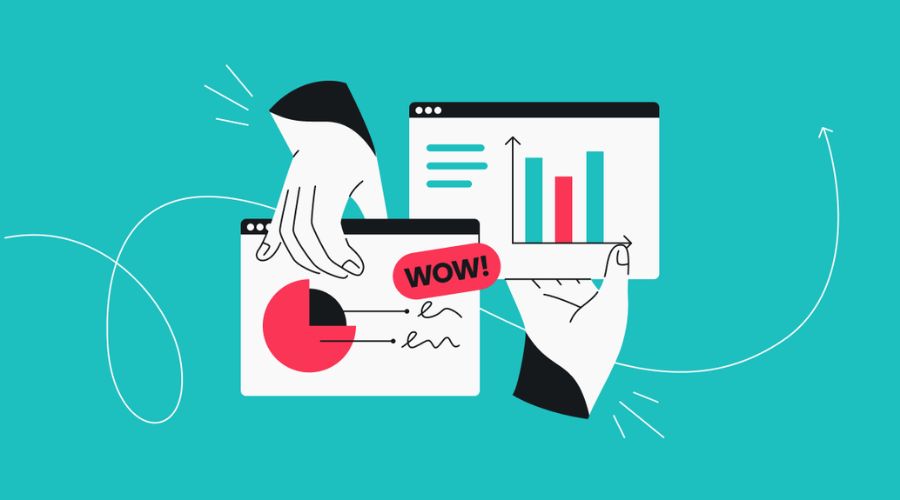
The technical features of a VPN, which include encryption protocols, cryptography, and even geo-spoofing, can easily overwhelm one. These are the kinds of ideas that most people only connect with passionate cybersecurity specialists, and they may discourage prospective VPN customers.
The good news is that using a VPN doesn’t require you to understand all of its technical details. In a similar vein, you don’t have to understand every function of your phone to enjoy activities like texting, snapping photos, and becoming annoyed at a particular Candy Crush level.
If you’re an experienced VPN user, you may explore your VPN’s advanced capabilities, which include split tunnelling, kill switches, and several VPN protocols, by navigating through the settings. All of this is optional, though, as the majority of the best services available today are activated as soon as the app is launched. Simply connect to a server, wait a moment or two, and continue surfing as the VPN handles all the heavy lifting (and encrypts your data).
5. VPNs cause lag.
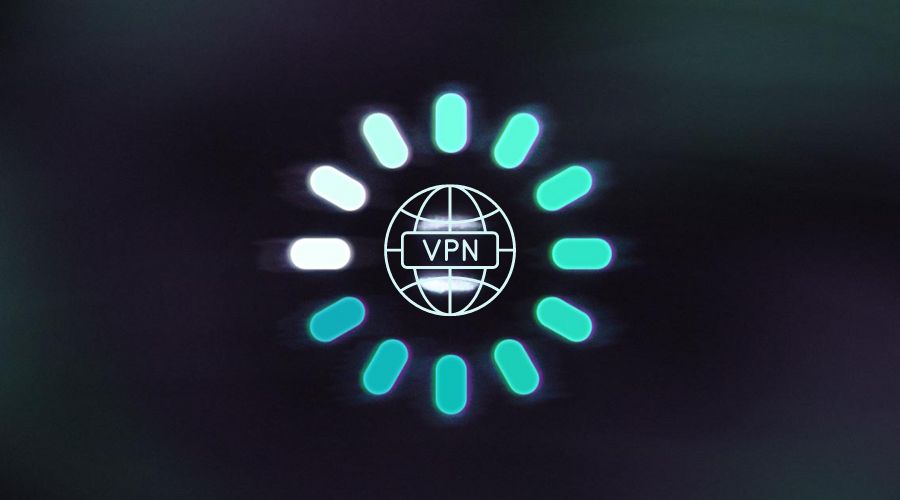
This is regrettably accurate, but only because your VPN is taking extra precautions to keep your internet sessions safe. When you connect to a virtual private network (VPN), your internet traffic is encrypted and routed to a VPN server. There, it is decrypted and transferred to its intended location. When you’re not utilizing a VPN, your traffic often doesn’t have to make a lengthy trip.
Nevertheless, the degree of lag may vary based on your VPN setup and the location of the server you’re connecting to. It is preferable to stay with servers in and around your present location to maximize your speed because joining a server on another continent requires your traffic to traverse that distance.
In certain cases, a quick VPN may make your connection go faster. ISPs watch your activity and have the power to severely slow you down if they believe you are consuming excessive amounts of bandwidth. Your internet speeds may abruptly drop when you’re gaming, streaming, or torrenting; this is known as ISP throttling. Thankfully, a VPN stops your ISP from determining what you’re doing and opting to throttle you by encrypting your data.
Conclusion
Virtual private networks, or VPNs, have many advantages, but there are a few common misunderstandings about how to utilize them. Users can gain a better understanding of the capabilities and limits of VPNs by dispelling these fallacies. Recall that while a reliable VPN service from a dependable supplier can improve online security and privacy, it cannot completely protect against all online risks. It’s still important to use the internet responsibly, update software, and be wary of online fraud. Users may use the internet more safely and privately by adopting VPNs with reasonable expectations and combining them with other security precautions. For more, visit www.gurucent.com.
FAQs:
Q1. Does using a VPN matter?
Ans: They will encrypt your internet history and safeguard your IP address, but that is all they can do. For example, if you visit phishing websites or download hacked files, they won’t keep you secure. Even with a VPN, you run the danger of Trojan horses.
Q2. Are VPNs indeed effective?
Ans: Your internet data transmission is concealed via a VPN connection, shielding it from prying eyes. Anyone with network access who wants to read unencrypted data can do so. Hackers and online criminals are unable to decode this data when using a VPN.
Q3. Are VPNs safe to use?
Ans: A VPN connection is established using extremely safe protocols with uncrackable encryption. When combined with location spoofing and IP masking anonymity, this makes your online presence almost untraceable. A VPN is essential if you or your company handle sensitive data.



